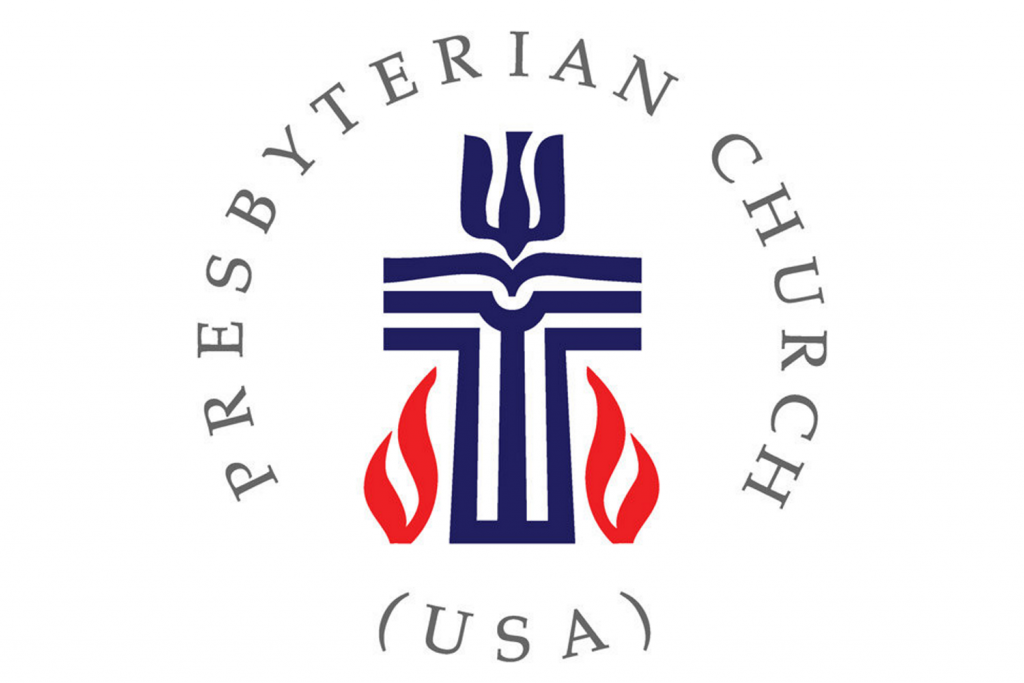What does it mean to be Presbyterian? Our denomination gets its name from the Greek Word presbuteros, which means “elder.” In the Presbyterian tradition “elder” is the title given to a person who has been elected by a local church to help in governing  the church. Elders do not have to be old. Young people can be “elders” too. In fact our denomination’s constitution tells us that elders should be representative of the make up of our congregations with respect to age, race, and gender. This means that old people, young people, white people, black people, Asian people, women, and men can all be elders in the Presbyterian church.
the church. Elders do not have to be old. Young people can be “elders” too. In fact our denomination’s constitution tells us that elders should be representative of the make up of our congregations with respect to age, race, and gender. This means that old people, young people, white people, black people, Asian people, women, and men can all be elders in the Presbyterian church.
Presbyterians are part of the subgroup of the Christian church known as Protestants who broke away from the Roman Catholic church in the 15th and 16th centuries. The Protestant movement manifested itself in two main ways, Lutheranism and the Reformed movement. Presbyterians are part of the Reformed movement. The differences between the two are mainly having to do with church government. Lutheranism retained the Catholic tradition of rule by bishops, or an episcopal system. The Reformed movement chose a democratic form of government based on rule by councils. In the Presbyterian tradition, the smallest form of these councils is the session which is a group of elders who govern a local church.
Presbyterians came to America from Scotland, whose national church, is in the Reformed tradition. Presbyterianism in America predates our nation’s struggle for independence and no doubt had significant influence among the founding fathers while they were organizing the national government.
One of the most important aspects of being a Presbyterian is a keen understanding of the concept of grace. Grace abides in knowing that every human being is prone to sin and is therefore totally reliant on the mercy, forgiveness, and love of God. We know through Jesus Christ that God does give us his mercy, forgiveness, and love because of God’s grace. Therefore all the ways that we obey God are a response to what God has already done for us. We cannot work our way into righteousness with God. All efforts to do so can be reduced to a self-serving exercise by which God is not fooled. Instead, every good act that we do is best understood as a way to grow in relationship with God, glorying in the knowledge that we better understand and feel God’s love in us through the good that we do.